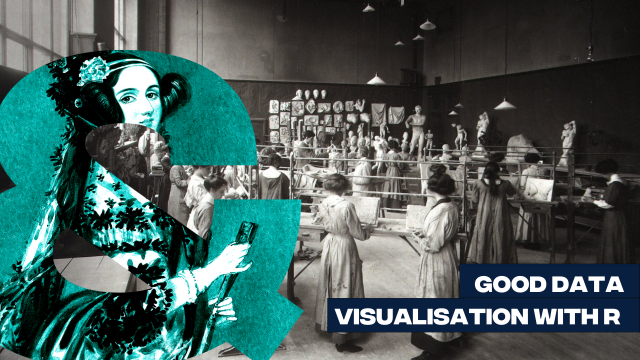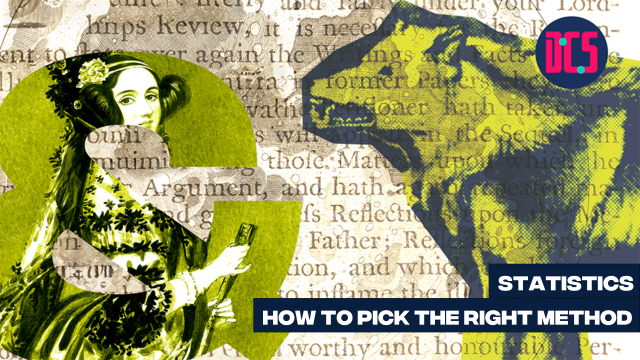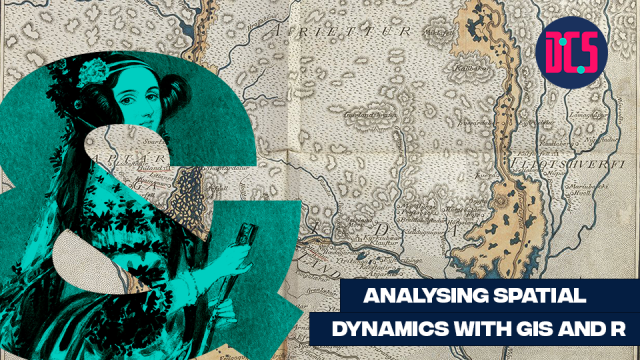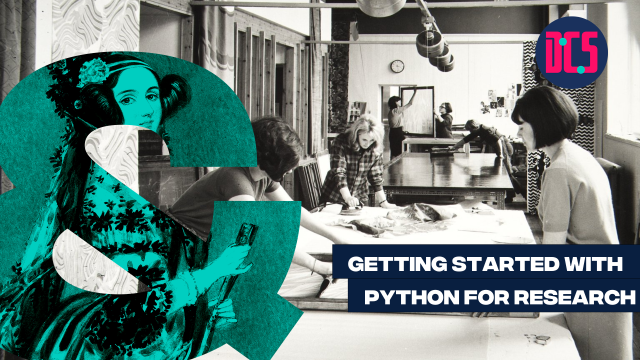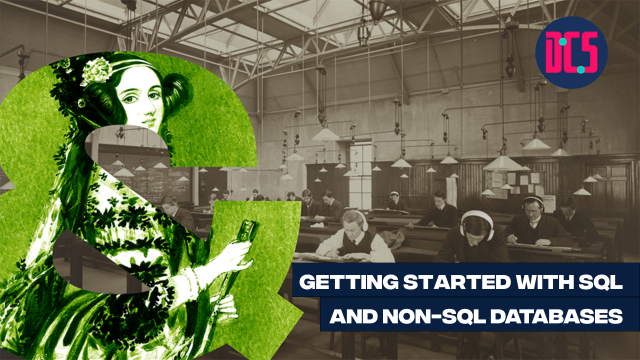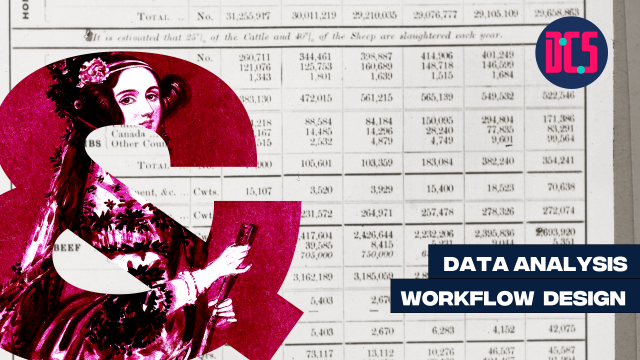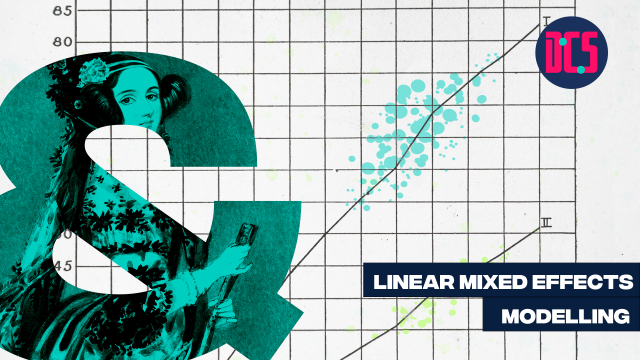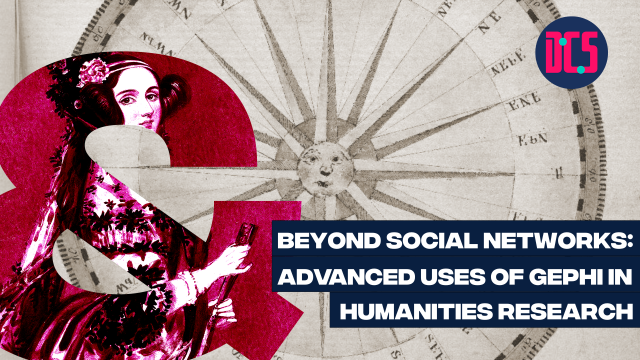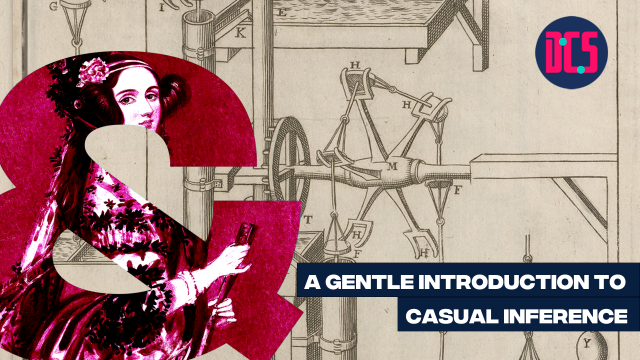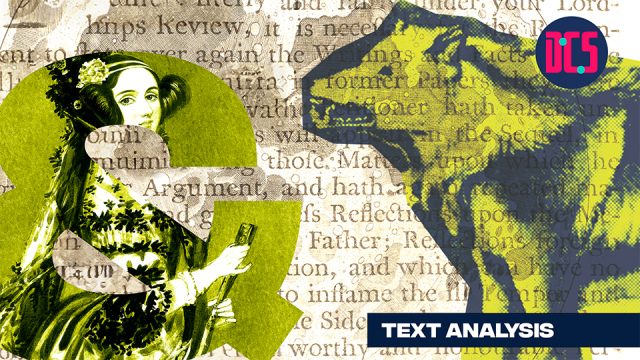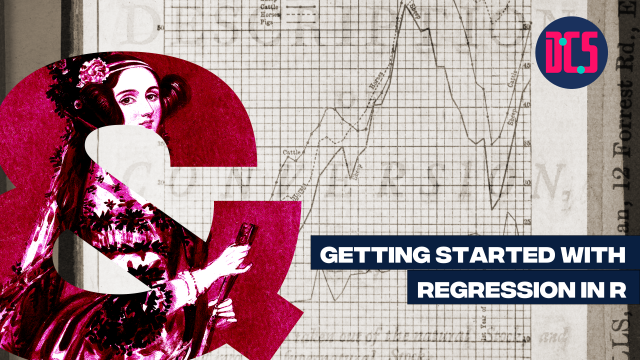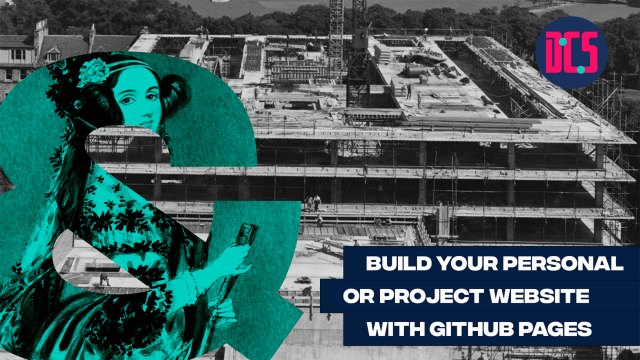Introduction to Programming with R and RStudio

In Person
This is an introductory course with a focus on developing skills and a fundamental understanding of R and RStudio. No previous familiarity with R or other coding languages is necessary.
The first session offers a very basic introduction to R and RStudio, with a focus on active participation in using the software. It focuses on topics such as:
-
Installing R and RStudio
-
R Projects and working directories
-
The RStudio interface
-
Basic functionality of R, calculations, variables, data types
-
R packages
The second session focuses on working with and manipulating data. This covers basic processes like:
-
Importing data
-
Renaming, reordering, or changing data
-
Merging data frames
-
Exporting data in different formats
-
Pipes
The course will ultimately develop a familiarity with the principles and functionalities of R and RStudio, allowing attendees to confidently apply these, or indeed seek out new concepts, for their current and future research.
After taking part in this course, you may decide that you need some further help in applying what you have learnt to your research. If so, you can book a Data Surgery meeting with one of our training fellows.
More details about Data Surgeries.
Those who have registered to take part will receive an email with full details on how to get ready for this course.
If you’re new to this training event format, or to CDCS training events in general, read more on what to expect from CDCS training. Here you will also find details of our cancellation and no-show policy, which applies to this event.
If you're interested in other training on R, have a look at the following:
- Data Carpentry: From Data Wrangling to Data Visualisation (17/10-20/10)
- Scraping Web Forums with R (09/12)
- Writing Efficient Code in R: Logical Statements and Loops (07/12)
Return to the Training Homepage to see other available events.
Digital Scholarship Centre
Digital Scholarship Centre, 6th floor
Main Library
University of Edinburgh
Edinburgh EH8 9LJ

